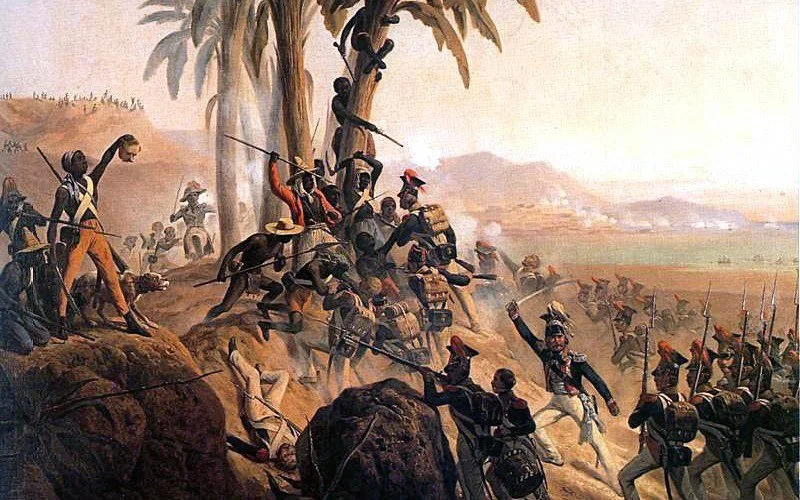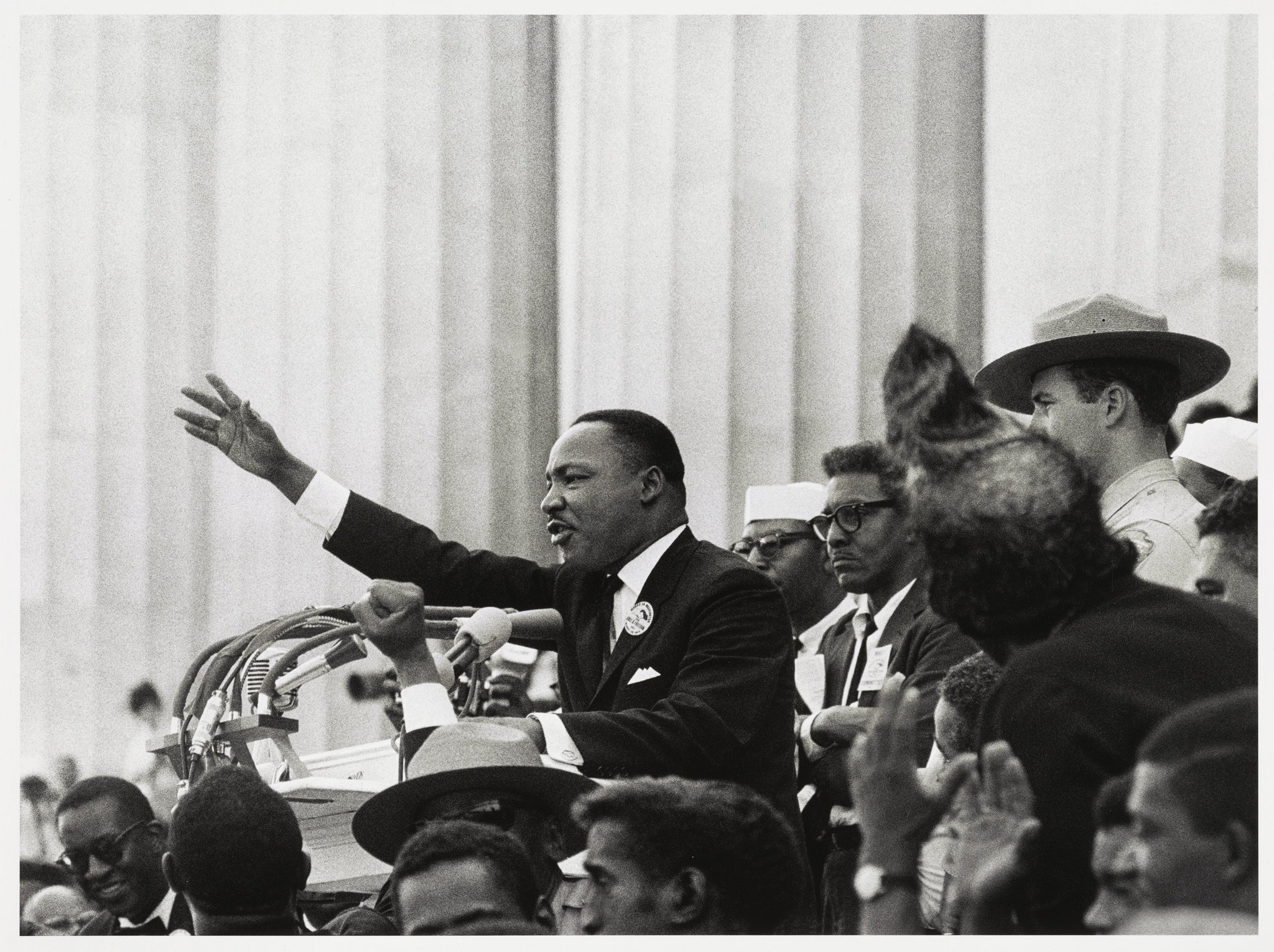Black history children should know and remember
1500s, the Kingdom of Kongo had a powerful and complex political and social system
1619, the first enslaved Africans arrive in Jamestown, Virginia.
1791–1804, the Haitian Revolution led to Haiti’s independence
1857, the U.S. Supreme Court Dred Scott Decision resulted in American citizenship still being denied to people of African descent
1963, Martin Luther King Jr. gave his "I Have a Dream" speech
1994, Apartheid ends in South Africa
2008, Barack Obama is elected as the 44th President of the United States
2020, George Floyd is murdered, leading to an unprecedented, global Black Lives Matter movement
Celebrate MLK Day, Black History Month, and Juneteenth
Book lists involving Black perspectives and themes
Ally picks for books of the month
Banned books children should read
Diverse classics high schoolers should read
About women of color who overcame
Black, African, and African American
Immigrant, migrant, and refugee
About scientists and inventors of color
Innovative thinkers and problem solvers
About the appreciation of books
About nature and time outdoors
Forgotten and lesser known history for early grades
Forgotten and lesser known history for middle grades
Forgotten and lesser known history for high schoolers
About exercising the right to vote
About processing death and grief
About holidays around the world
Fairytales with diverse characters
Diverse graphic novels for children
Folk tales from around the world
Coretta Scott King award winners
Diverse substitutes to “classic” literature
Books about inspiring women of color
Collections of poetry by people of color
Winter tales to read by a cozy fire
Books about gratitude and thankfulness
Diverse stories of America’s formation
Biographies about inspiring BIPOC
Diverse folk tales, fables, and myths
Rarely shared stories about Black history
Diverse books celebrating the holidays
Essential quotes about the Black experience
“Success is to be measured not so much by the position that one has reached in life as by the obstacles which he has overcome while trying to succeed.”
Booker T. Washington
“You can’t separate peace from freedom because no one can be at peace unless he has his freedom.”
Malcom X
“Our lives begin to end the day we become silent about things that matter.”
Martin Luther King Jr.
“To be a Negro in this country and to be relatively conscious is to be in a rage almost all the time.”
James Baldwin
“You don’t make progress by standing on the sidelines, whimpering and complaining. You make progress by implementing ideas.”
Shirley Chisholm
“The only way to deal with fear is to face it.”
Martin Luther King Jr.
Exploring the Black experience through stories
The Black experience is a complex tapestry that encompasses a multitude of cultures, histories, and perspectives. From the ancient civilizations of Africa to the ongoing struggle for civil rights and equality in various parts of the world, understanding the Black experience is a journey that enriches us all. Literature plays a crucial role in this journey, serving as both “windows” and “mirrors” to offer young readers diverse viewpoints that enlighten and resonate.
The term "Black experience" itself is far-reaching, covering a range of ethnic, regional, and social contexts. Africa, the cradle of civilization, boasts a diversity that's as rich as the natural resources that the continent holds. The diaspora has extended the Black experience across the globe—from the Americas and Europe to Asia, South America, and Oceania—each with their own unique stories and struggles.
The Black experience also includes the biracial and multiracial perspectives, which bring a unique set of experiences and viewpoints. Individuals with mixed heritage often navigate between multiple cultural worlds, grappling with questions of identity, belonging, and acceptance. Their stories are an important facet of the larger Black narrative and offer valuable insights into the complexities of race and identity.
A wide range of luminaries have shaped the course of Black history. From civil rights icons like Martin Luther King Jr. and Rosa Parks to influential writers like James Baldwin and Toni Morrison, their contributions serve as touchstones for understanding the broader Black experience. Historical figures like Queen Nzinga of Angola, who resisted Portuguese colonialism, or Mansa Musa, the Malian emperor, further enrich the narrative by showcasing the depth and complexity of Black leadership through time.
Stories are invaluable tools for bringing the Black experience to life for young readers. Books like Brown Girl Dreaming by Jacqueline Woodson or The Watsons Go to Birmingham—1963 by Christopher Paul Curtis, do more than simply entertain; they educate, inspire, and challenge perceptions. Illustrators like Kadir Nelson and Floyd Cooper do the same, bringing Black stories to vibrant life for children of all ages. They offer children an avenue to explore complex themes like racial inequality, cultural heritage, and the strength of community.
Of course, the Black experience is not monolithic; it is rich, varied, and deeply interwoven into the fabric of human history. Through literature that acts as both “windows” and “mirrors,” we can offer our children the opportunity to engage with this richness. As they read and learn, they gain not just knowledge but also empathy, becoming better equipped to appreciate the intricate diversity of the world in which they take part.














